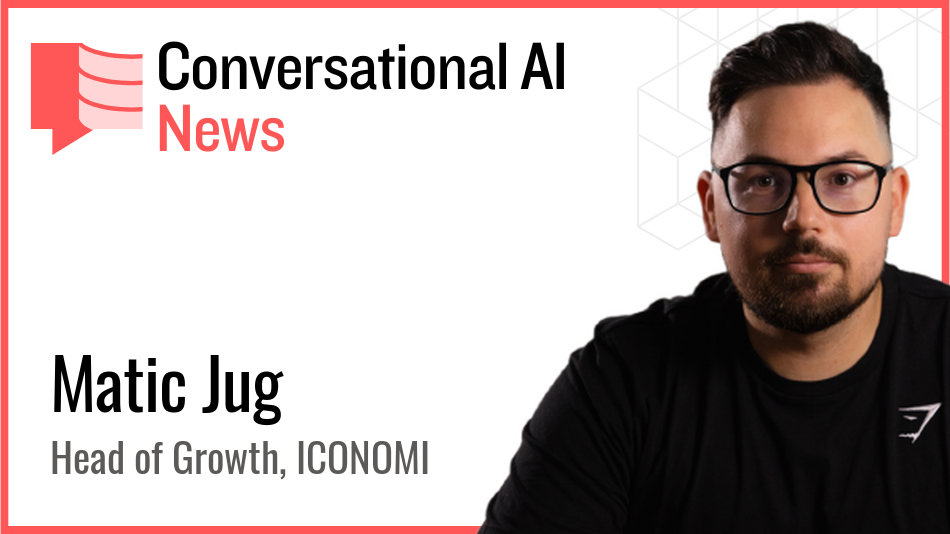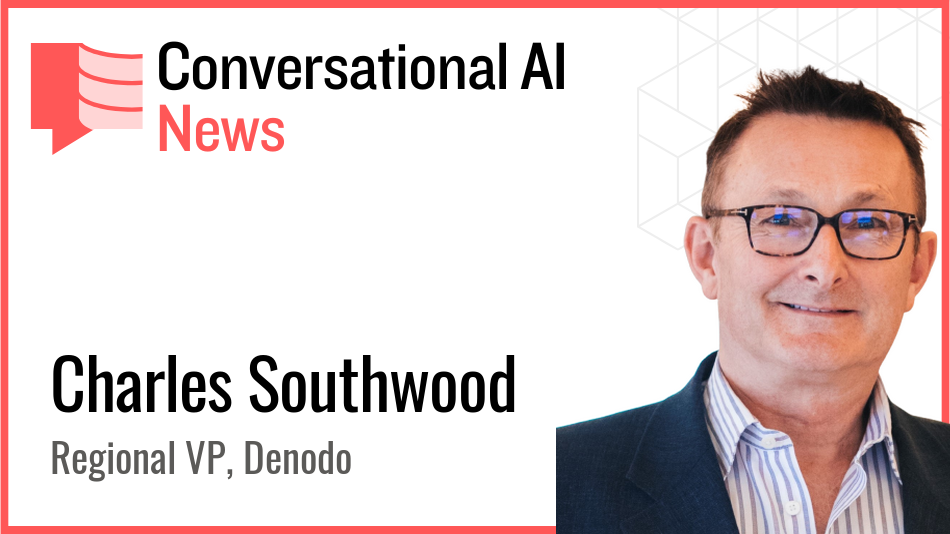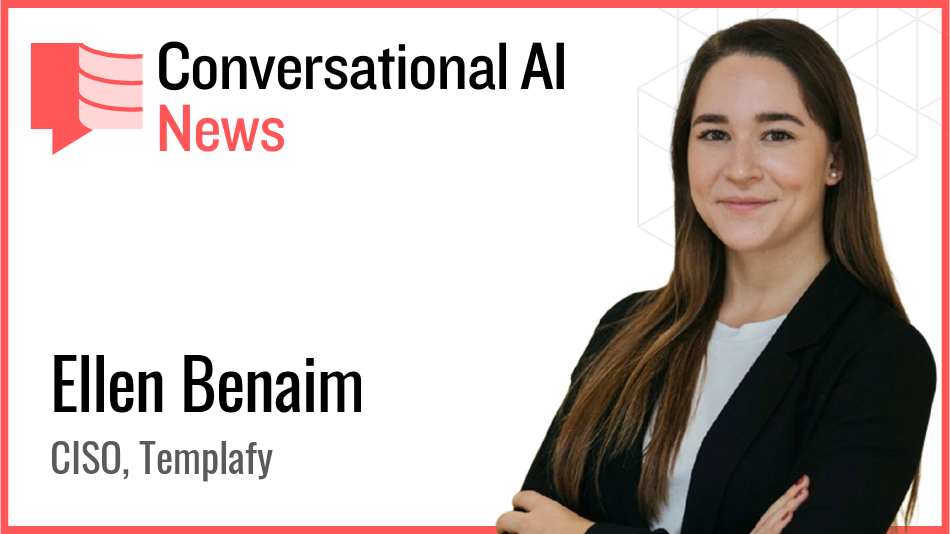David Dale, CTO of Rubberdesk: Building Smarter Office Search with AI
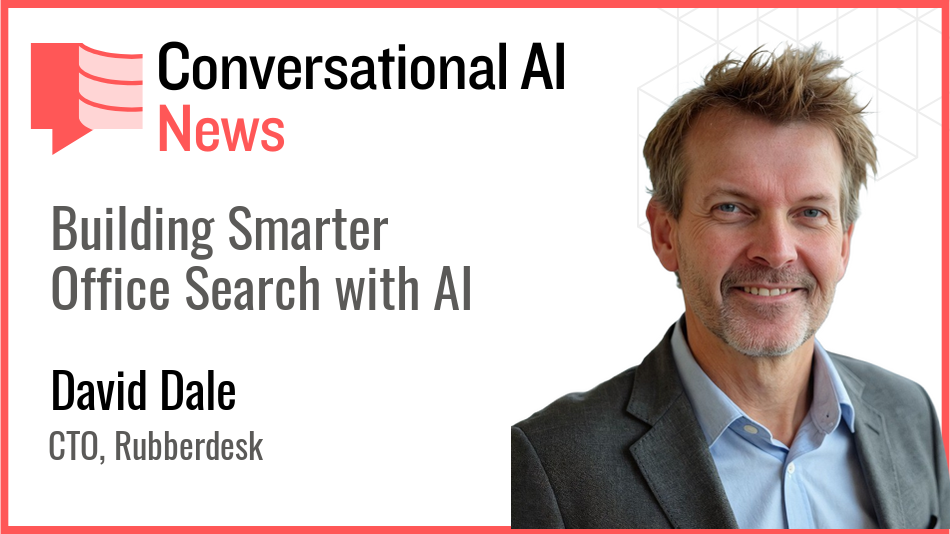
Today we're meeting David Dale, CTO at Rubberdesk. His company specialises in providing a marketplace for flexible and serviced office space with real-time availability and pricing of every office in UK.
Over to you David - my questions are in bold:
Who are you, and what's your background?
I'm an Aussie currently living in the UK, and I've been building websites since the mid-nineties. I originally started out as a graphic designer, but I was always more intrigued by the coding side of things. Over the years, I've found that sitting at the intersection of design and development is where I'm most at home — bringing creative ideas to life through code. I'm naturally curious about new technologies and was quick to dive into AI when it emerged as a practical tool, exploring how it can open up new ways of thinking, working, and creating.
What is your job title, and what are your general responsibilities?
I'm CTO at Rubberdesk, responsible for the tech strategy and making sure everything runs smoothly across all our markets. That means giving our sales team and customers the tools, data, and, of course, AI they need to take the hassle out of finding office space.
Can you give us an overview of how you're using AI today?
The problem we wanted to address was threefold:
- The office space market is fragmented and lacks transparency. This makes it difficult for tenants to navigate.
- The scale and variety of the office market makes it difficult for tenants to match offices appropriate to their needs.
- Slow customer response results in disengaged and lost customers
The goal:
Take a Tenant's brief and within 20 Seconds plot on a map a curated list of the best fit 10-15 offices with actual costs and a brief description.
The Result: https://rubberdesk.co.uk/quote
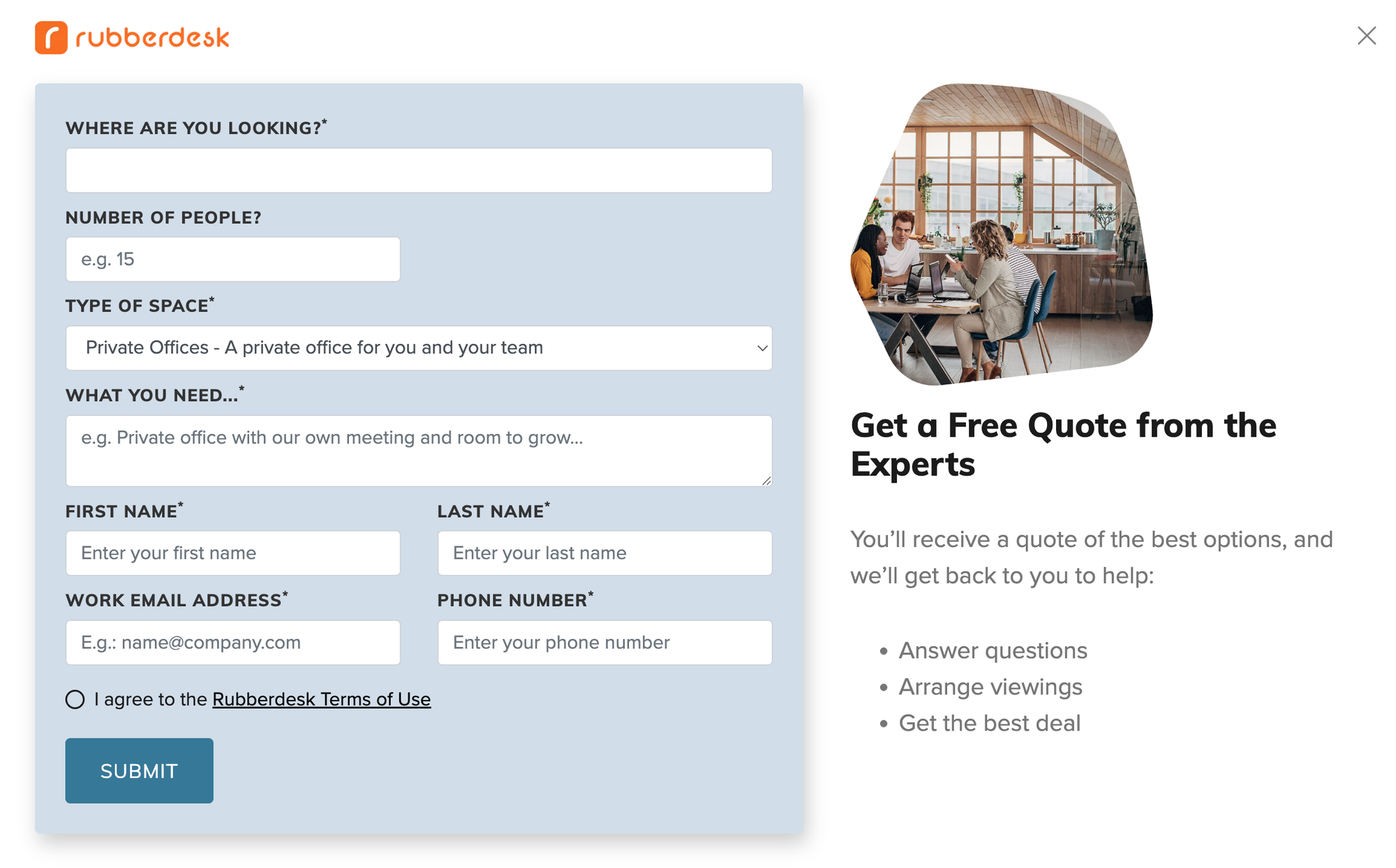
Tell us about your investment in AI? What's your approach?
Our dev team worked on building the AI integration into our systems on top of our dataset. That data — office availability and pricing — is our IP and updated daily, so we wanted to make sure we stayed in control of how it's used.
Using OpenAI's APIs alongside our data, the AI helps match customers to the right spaces and highlights features they might not find on their own. Because we feed it rich, structured prompts based on our data, the results are highly tailored. It's led to earlier, more engaged customers and cut down on the back-and-forth for our sales team.
What prompted you to explore AI solutions? What specific problems were you trying to solve?
We wanted to engage customers fast and give them a really high quality interaction.
Who are the primary users of your AI systems, and what's your measurement of success? Have you encountered any unexpected use cases or benefits?
Early feedback is very positive and we've seen a 17% increase in conversions of customer visits to deals done.
The shortlists are not perfect yet, but the value has been in the customer conversations that follow. We learn just as much from the customer about the options that they don't like as from the ones that they do and the fact that AI has generated the shortlist creates an easy and interesting conversation for our sales agent to have with the customer.
Using the AI, our team has also been able to quickly go back over our historical customer base and reissue updated proposals that are really engaging old leads.
What has been your biggest learning or pivot moment in your AI journey?
One of our biggest learnings was that AI is only as good as the data you feed it. Early on, we focused on the tech side — getting the AI tools in place — but we quickly realised the real power came from the quality and structure of our own data. We had to invest a lot more time than we expected into refining how we share that data for the AI to actually deliver useful, accurate results. That shift to a data-first mindset was a big pivot for us, using AI is an enhancement rather than a solution on its own.
How do you address ethical considerations and responsible AI use in your organisation?
We try and be transparent with customers about where AI is used within our system
What skills or capabilities are you currently building in your team to prepare for the next phase of AI development?
Next phase of AI integration is around customer acquisition and prospecting new business.
If you had a magic wand, what one thing would you change about current AI technology, regulation or adoption patterns?
With the pace of change within the AI sector, blocks to progress don't seem to last very long before they are overcome.
For once small businesses are able to compete with much larger organisations to deliver products and services that their customers demand. Adding regulatory burdens to how AI is implemented will only stifle developments and put the advantage back in big businesses hands.
We're happy with the pace of change and keen for it to continue without regulatory burden.
What is your advice for other senior leaders evaluating their approach to using and implementing AI? What's one thing you wish you had known before starting your AI journey?
Start implementing AI into your workflows now.
You don't need to rebuild your whole architecture from scratch in one go. Rather a piecemeal approach to one workflow at a time makes for quick manageable wins that are easy to implement and educate the team.
The benefits go way beyond productivity and quality gains. The team gets a buzz and a sense of pride from being part of an organisation that is exploring new technologies.
What AI tools or platforms do you personally use beyond your professional use cases?
Relevance.ai, make.com and n8n.io are great tools for generating workflow automations.
Lovable.dev is great for prototyping and along with Figma.com for wireframing.
What's the most impressive new AI product or service you've seen recently?
I was blown away using Lovable.dev recently - just amazing the ability to build a website from scratch using natural language and the way it debugged its own code.
Finally, let's talk predictions. What trends do you think are going to define the next 12-18 months in the AI technology sector, particularly for your industry?
Agentic AI is going to define 2025 - 2026 with its ability to work autonomously on complex tasks using a suite of Agents that it employs. I think we're moving to a model where businesses that create high value Agentic AI employees will be able to hire them out and monetise them almost as a freelance employee.
Thank you very much, David!
Read more about David on LinkedIn and find out more about Rubberdesk at rubberdesk.co.uk.

